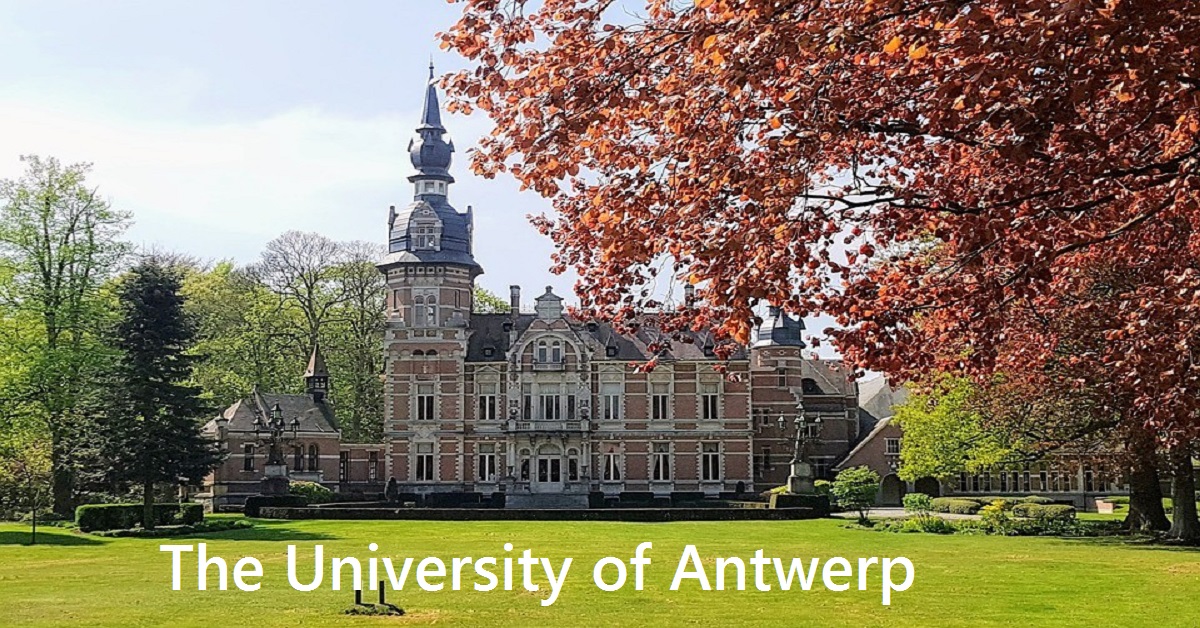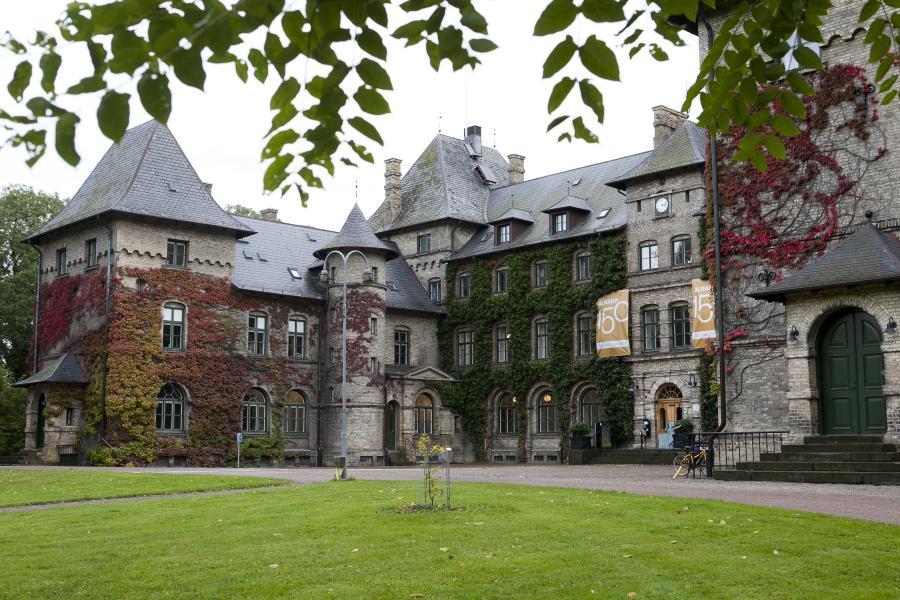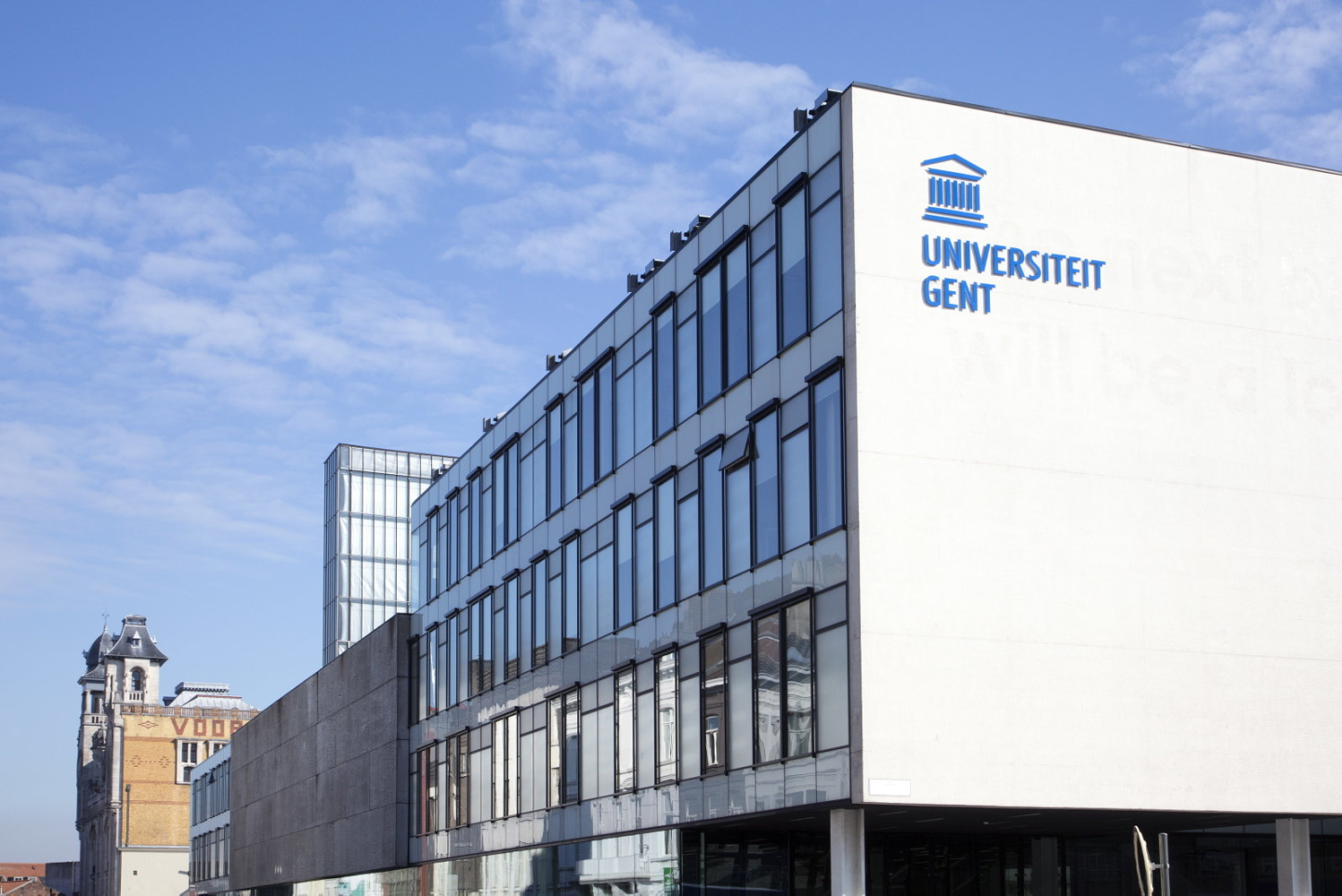The University of Antwerp is a dynamic, forward-thinking, European university. We offer an innovative academic education to more than 20 000 students, conduct pioneering scientific research and play an important service-providing role in society. We are one of the largest, most international and most innovative employers in the region. With more than 6000 employees from 100 different countries, we are helping to build tomorrow's world every day. Through top scientific research, we push back boundaries and set a course for the future – a future that you can help to shape.
The Antwerp Research Institute for the Arts in the Faculty of Arts is looking for a full-time (100%) postdoctoral researcher in the field of art, social, or cultural history.
The candidate will collaborate in an interdisciplinary ERC project called “Science at the Fair: Performing Knowledge and Technology in Western Europe, 1850-1914”, coordinated by Prof. Nele Wynants. The EU-funded SciFair project will perform pioneering research on the role itinerant show people played in the dissemination of information about scientific and technological advances at fairs in North-Western Europe between 1850 and 1914. The project is based on the hypothesis that fairs during this period were not only local folk events but also centres of international exchange. SciFair will engage a multilingual and multidisciplinary team to analyse practices of science performance across national frontiers and map transnational networks of scientific entertainment. For more information and other available vacancies, see: www.scifair.eu.
The successful candidate will work on the subproject Itinerant Show Business Networks.
This subproject will study the social and professional community of itinerant show people by analysing the networks and legal conditions of their nomadic existence in relation to the establishment of several national and international guilds and leagues. How were itinerant show people related through family and professional networks and popular culture venues where science was popularised (museums, theatres, World Expos,) and how did these networks influence the content of the show? The project will also focus on how itinerant show people responded to changing regional legislations on migration, social security, and employment (child labour laws, boarding schools for children of show people, etc.).
Position
- You will perform research on itinerant showbusiness networks in North-Western Europe (1850-1914).
- Your research will be conducted within the framework of the EU-funded SciFair project.
- You will publish minimally 4 scientific articles related to the research project. These publications can be co-authored with other project members and external researchers.
- You are involved in the valorisation program of the SciFair project, communicating the results to different target audiences (including the media and the public), share the findings of your research at international academic conferences and co-organising an international workshop (in year 2).
- You participate in the research activities of the SciFair project, as well as related projects such as B-magic (www.B-magic.eu) and relevant activities of ARIA.
- You will assist in the supervision of PhD students and other team members.
- You will help initiate project proposals in the field of art and science and cultural heritage and contribute to attracting external funding.
- You will fulfil a limited number of teaching activities.
Profile
- You hold a PhD in art, cultural, or social history or related field of the humanities (or you will have obtained it by the time you start work) and have a clear interest in popular cultural and the history of science.
- You have an international academic portfolio and you conduct high-qualityacademic research.
- You have an affinity for working with historical sources and applying textual and/or visual analysis to large corpora of historical data.
- Demonstrable experience with digital methods used to transcribe historical sources and analyse textual and visual source materials is a strong plus.
- You are willing and able to work and communicate within a broader team of international researchers.
- You are willing to occasionally conduct research in archives abroad.
- You can speak and write fluently in English.
- You have a good command of at least two of the following languages: French, Dutch, and/or German.
- You demonstrate organisational skills.
- You act with attention to quality, integrity, creativity and cooperation.
- Your research qualities are in line with the faculty and university research policies
What we offer
- We offer a full-time appointment as a postdoctoral scholarship holder for a period of 2 years.
- The planned starting date is 1 October 2021 or as soon as possible after that date.
- Your monthly scholarship amount is calculated according to the scholarship amounts for postdoctoral scholarship holders on the pay scales for Contract Research Staff (Dutch: Bijzonder Academisch Personeel, BAP).
- You will do most of your work at UAntwerp City Campus in a dynamic and stimulating working environment.
- Find out more about working at the University of Antwerp here.
Want to apply?
- You can apply for this vacancy through the University of Antwerp’s online job application platform up to and including 15 July 2021 (by midnight Brussels time). Click on the 'Apply' button, complete the online application form and be sure to include the following attachments: (1) a motivation letter, including a statement explaining your motivation for the relevant vacancy, (2) your academic CV, including a biosketch, (3) your five most important publications or achievements in the area of scientific research (maximum one page), and (4) two letters of recommendation.
- The selection committee will review all of the applications as soon as possible after the application deadline.
- Shortlisted candidates, selected to take part in interviews, will be notified by 10 August 2021. The interviews will take place on 30 August 2021. Candidates will be expected to propose a research plan based on the proposed subproject at the interview.
- If you have any questions about the online application form, please check the frequently asked questions or send an email to jobs@uantwerpen.be. If you have any questions about the job itself, please contact Prof. Nele Wynants: nele.wynants@uantwerpen.be.
The University of Antwerp received the European Commission’s HR Excellence in Research Award for its HR policy. We are a sustainable, family-friendly organisation which invests in its employees’ growth. We encourage diversity and attach great importance to an inclusive working environment and equal opportunities, regardless of gender identity, disability, race, ethnicity, religion or belief, sexual orientation or age. We encourage people from diverse backgrounds and with diverse characteristics to apply.


